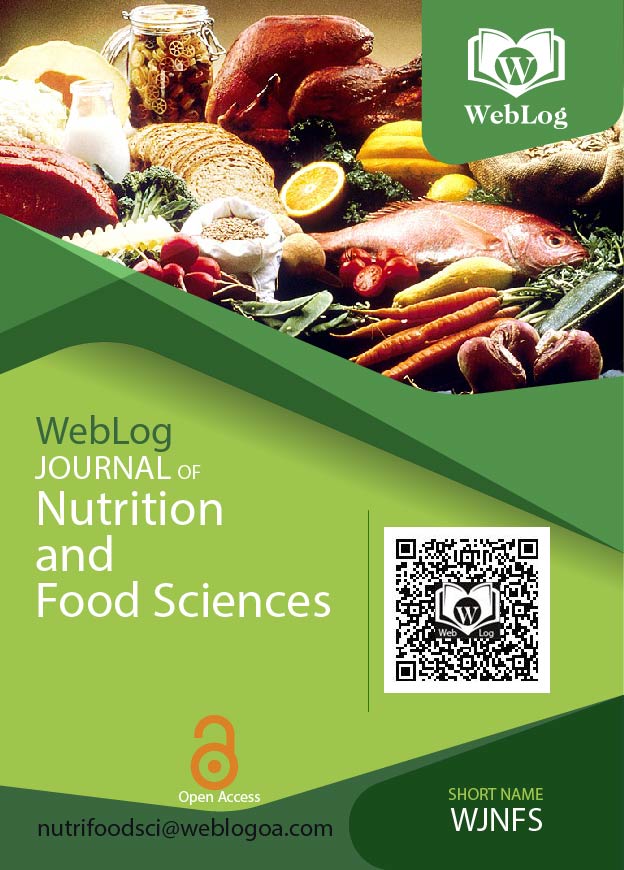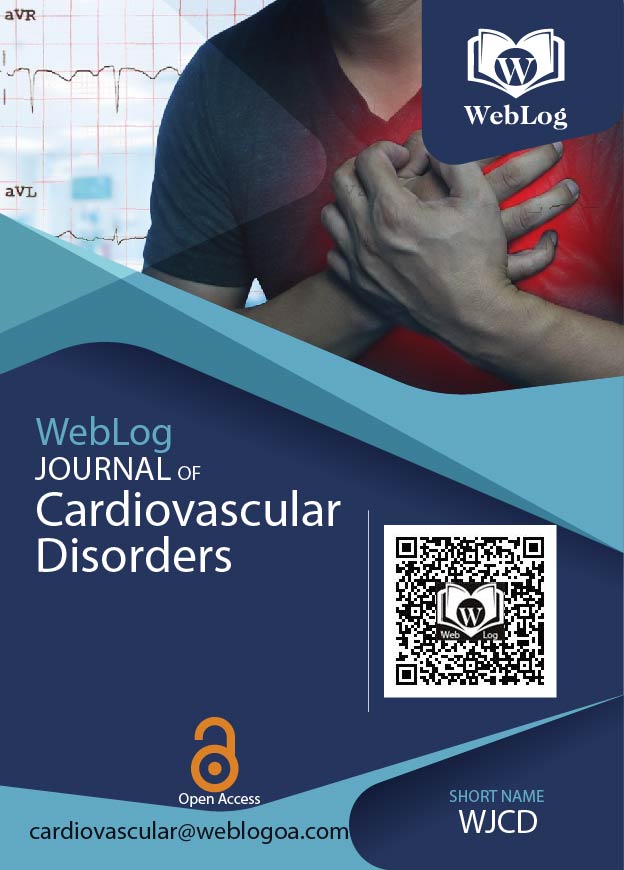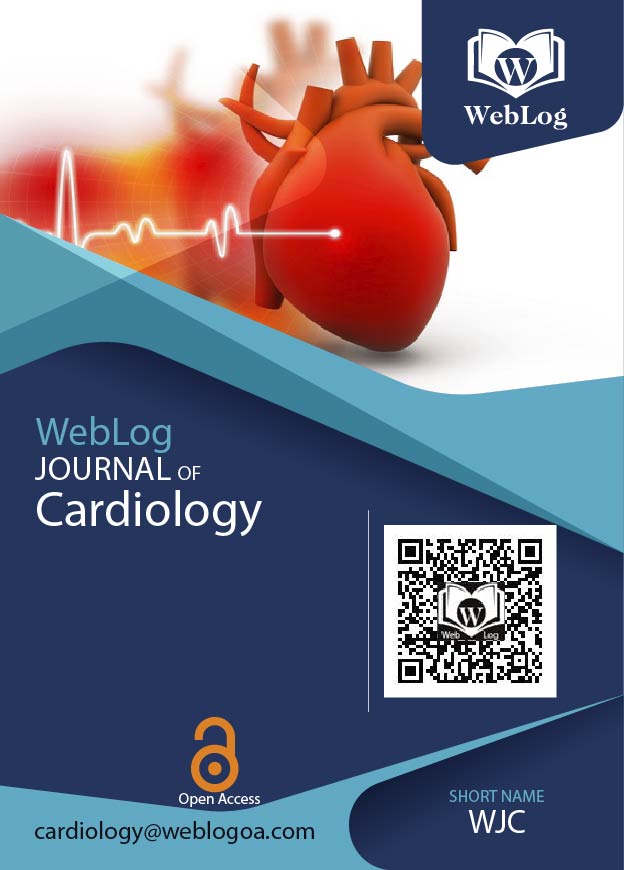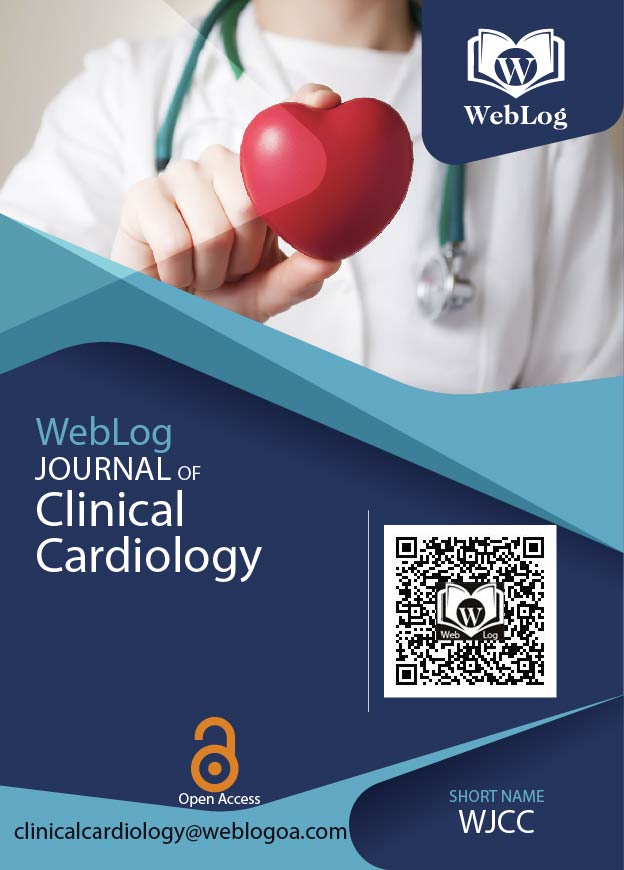Editor Profile

Dr. Lei Wang, Ph.D.
Professor
Present
School of Public Health, Capital Medical University
Beijing
China

Dr. Lei Wang, Ph.D., Professor of the Department of Nutrition and Food Hygiene, School of Public Health. She received his Ph.D. in Pathology from Capital Medical University in 2014 and conducted postdoctoral research at the National Institutes of Health from 2017 to 2021. She has been committed to the study of the pathophysiological mechanisms of nutrition and cardiovascular and metabolic diseases for a long time. Aiming at the immune-inflammatory mechanism of initiating hypertension and myocardial remodeling, she identified the chemokine CXCL1-receptor CXCR2 signaling pathway as the key initiator of inducing and aggravating the immune-inflammatory response of cardiovascular disease, expanding the immune-inflammatory theory of cardiovascular disease and providing new targets for the treatment of hypertension and myocardial remodeling; she solved the problem of how the G protein-coupled receptor (GPCR) signaling pathway participates in the body's glucose and lipid metabolism by regulating adipocyte function, and innovatively explained the mechanism of the adipocyte Gαi and Gαs coupling signaling pathways regulating the body's glucose and lipid, energy metabolism and insulin sensitivity to participate in the pathogenesis of obesity and diabetes. 19 SCI papers have been published on related research results. She has published 7 SCI papers as the first author in journals such as Circulation, European Heart Journal, Nature Communication and Cardiovascular Research. She has presided over two National Natural Science Foundation projects, participated in two National Natural Science Foundation key projects and one general project. She received the Nancy Nossal Scholar Award from the National Institute of Diabetes and Digestive and Kidney Diseases of the National Institutes of Health and the Outstanding Scholar Award from the National Institutes of Health. She was selected into the Beijing Overseas High-level Talent Youth Project.
- Food and Nutrition
- Cardiovascular Disease
- Meta-inflammation
- Metabolites
- Metabolite-sensing GPCRs
- Bone Marrow Derived Macrophages
- Adipocyte Dysfunction
- Lei Wang, Xue-Chen Zhao, WeiCui, Yong-Qiang Ma, Hua-Liang Ren, Xin Zhou, Yan-Zong Yang, Yun-Long Xia, JieDu, Hui-Hua Li. Genetic and Pharmacologic Inhibition of the Chemokine ReceptorCXCR2 Prevents Experimental Hypertension and Vascular Dysfunction. Circulation. 2016;134:1353-1368.
- Lei Wang, Yun-Long Zhang, Qiu-YueLin, Yu Liu, Xu-Min Guan, Xiao-Lei Ma, Hua-Jun Cao, Ying Liu, Jie Bai, Yun-LongXia, Jie Du, Hui-Hua Li. CXCL1-CXCR2 axis mediates angiotensin II-induced cardiachypertrophy and remodelling through regulation of monocyte infiltration. EurHeart J. 2018;39:1818-1831.
- Lei Wang, Sai P. Pydi, Lu Zhu, Luiz F. Barella, Yinghong Cui, Oksana Gavrilova, Kendra K. Bence, Cecile Vernochet, Jürgen Wess. Adipocyte Gi signaling regulates whole-bodyglucose homeostasis and insulin sensitivity. Nature Communication. 2020;11(1):1-17
- Lei Wang, Yu-Lin Li, Cong-CongZhang, Wei Cui, Xia Wang, Yong Xia, Jie Du, Hui-Hua Li. Inhibitionof Toll-Like receptor 2 reduces cardiac fibrosis by attenuatingmacrophage-mediated inflammation. Cardiovascular Res. 2014; 101: 383-392.
- LeiWang, LuZhu, Jaroslawna Meister, Derek BJ Bone, Sai P. Pydi, Mario Rossi, Jürgen Wess. Use of DREADD Technology to Identify Novel Targets for Anti-Diabetic Drugs. Annu. Rev. Pharmacol. Toxicol. 2020; 61.
- LeiWang, Sai P. Pydi, Yinghong Cui, Lu Zhu, Jaroslawna Meister, Oksana Gavrilova, Rebecca Berdeaux, Jean-Philippe Fortin, KendraK Bence, Cecile Vernochet and Jurgen Wess. Selective activation of Gs signaling in adipocytes causes striking metabolic improvements in mice . Molecular Metabolism. 2019;27:83-91.
- Lei Wang, Tian-Peng Zhang, YuanZhang, Hai-Lian Bi, Xu-Min Guan, Hong-Xia Wang, Jie Du, Yun-Long Xia, Hui-HuaLi. Protection against doxorubicin-induced myocardial dysfunction in mice by cardiac- specific expression of carboxyl terminus of hsp70-interacting protein. Scientific Reports. 2016. 6: p. 28399.




